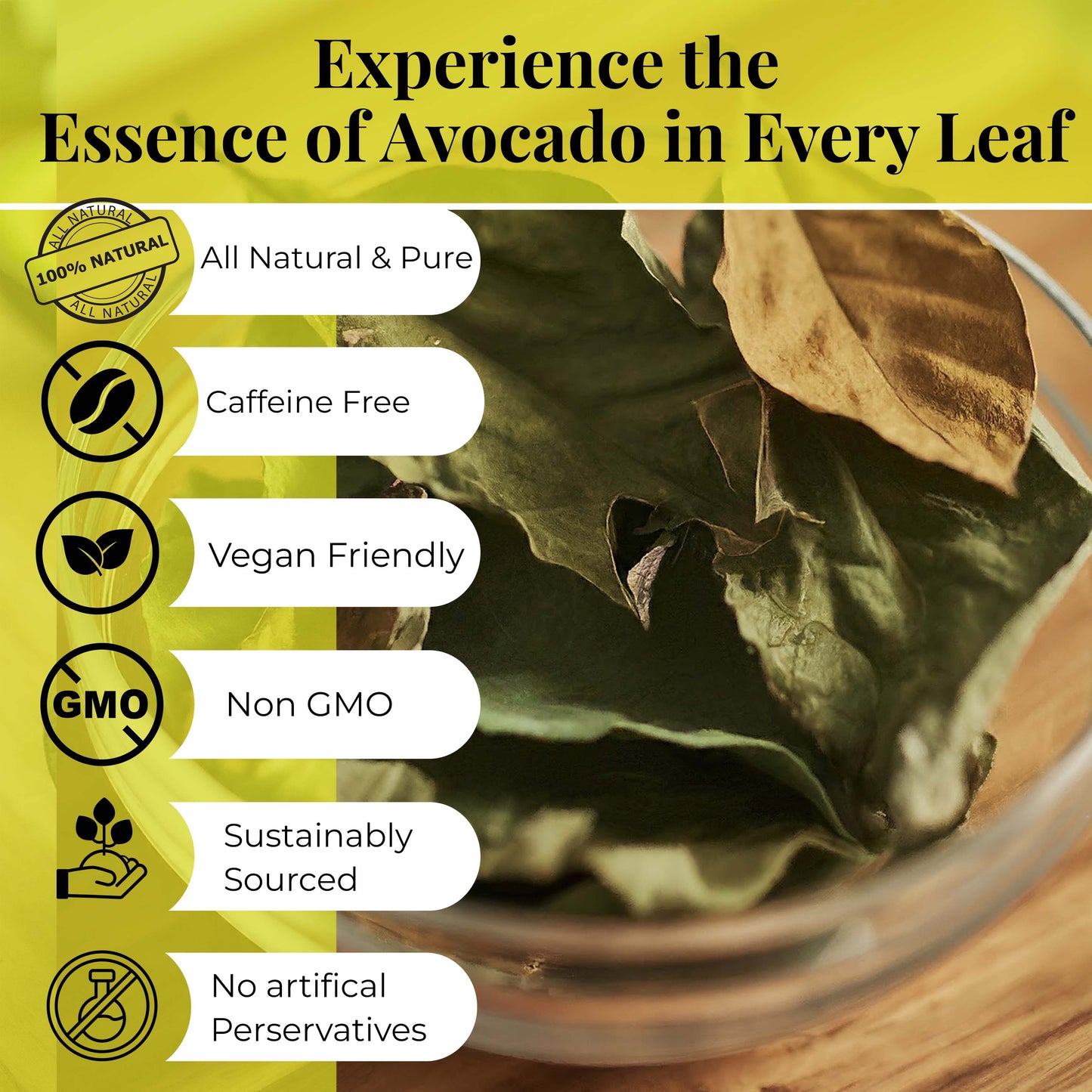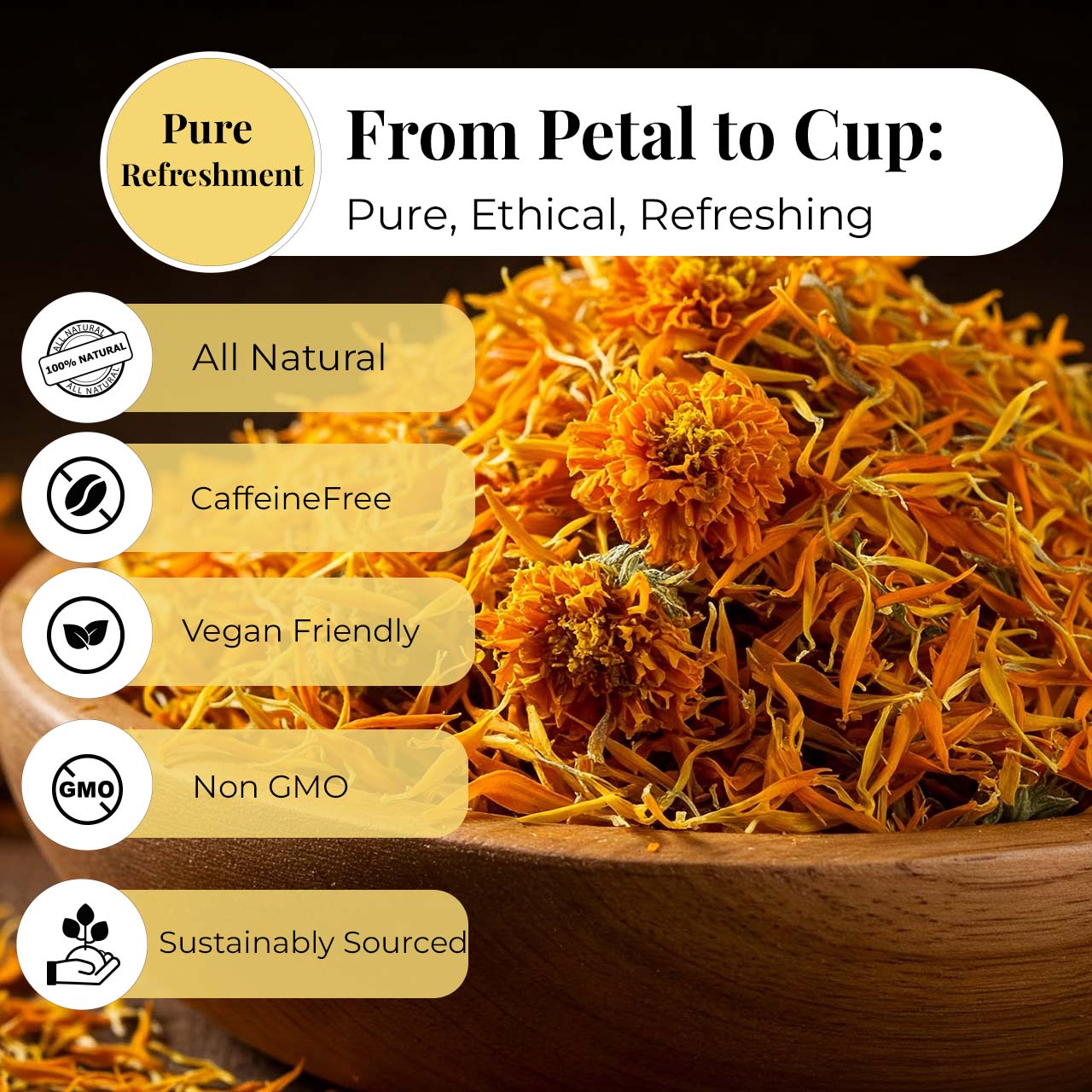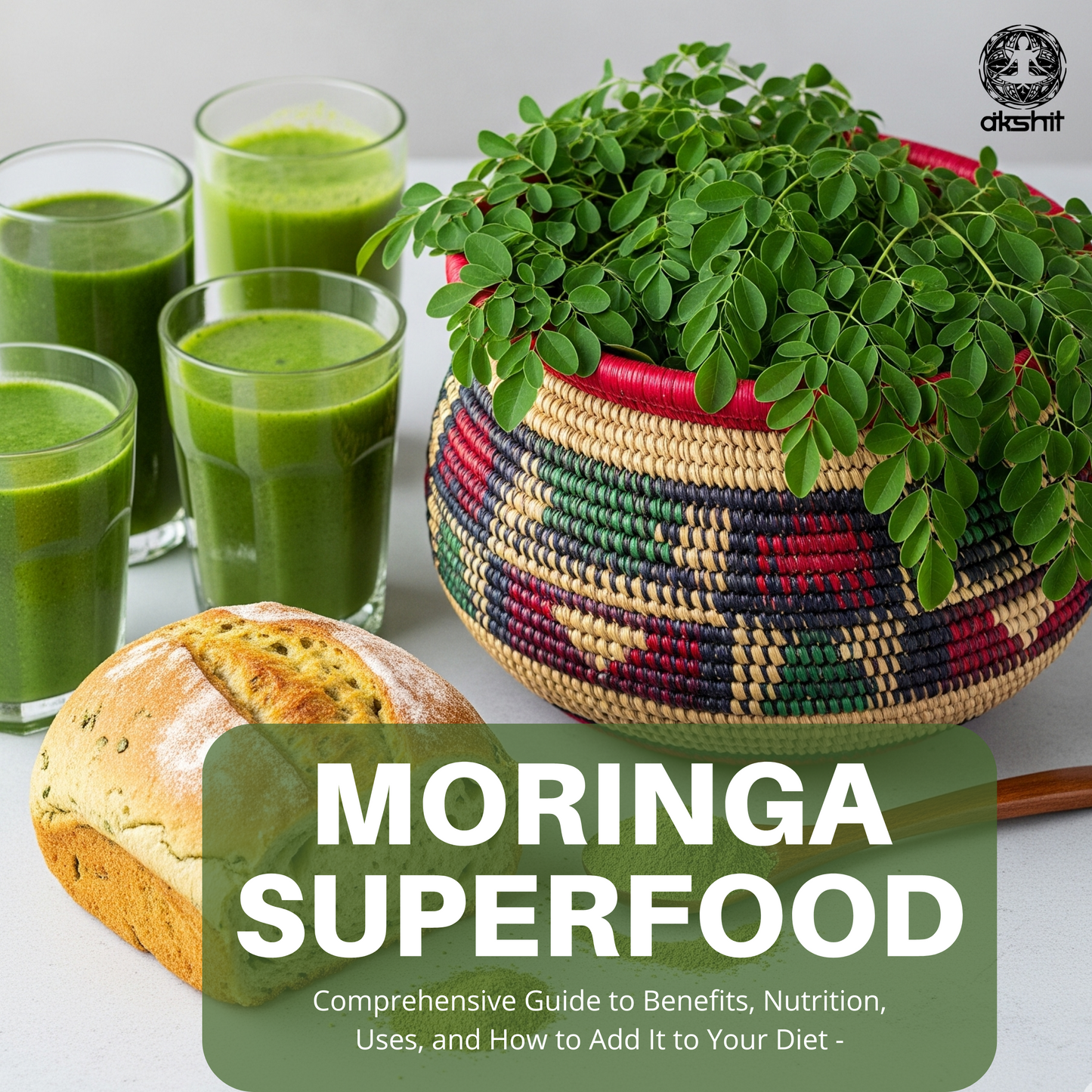Introduction
Moringa, often called the “miracle tree,” has rapidly gained popularity as a superfood thanks to its impressive nutritional profile and wide-ranging health benefits. With consumers increasingly prioritizing health and wellness, the demand for nutrient-rich foods like moringa is skyrocketing. But what exactly makes moringa a superfood? How can you incorporate it into your daily diet? This comprehensive guide explores the science-backed benefits, nutritional value, practical uses, and tips for adding moringa to your meals—helping you unlock the full potential of this remarkable plant.

What Is Moringa and Why Is It a Superfood?
Moringa oleifera is native to parts of Africa and Asia and has been used for centuries in traditional medicine for its medicinal and nutritional properties. Every part of the tree—leaves, seeds, pods, and roots—offers unique benefits, but the leaves are especially prized for their dense concentration of vitamins, minerals, and antioxidants.
Key Facts:
- Moringa is often called the “miracle tree” or “drumstick tree.”
- It is rich in vitamins A, C, E, calcium, potassium, iron, protein, and essential amino acids.
- Moringa is used in both traditional remedies and modern health foods.
Nutritional Profile of Moringa
Moringa leaves are a powerhouse of nutrients, making them a standout among plant-based foods.
Key Nutrients in Moringa Leaves
- Vitamins: A, C, E, B-complex
- Minerals: Calcium, potassium, magnesium, iron
- Protein: Contains all nine essential amino acids
- Antioxidants: Quercetin, chlorogenic acid, beta-carotene
- Fiber: Supports digestive health

Science-Backed Health Benefits of Moringa
1. Boosts Immunity
Moringa’s high vitamin C and antioxidant content helps strengthen the immune system, making it easier to fend off illnesses.
2. Supports Digestion
The fiber in moringa aids digestion and promotes a healthy gut microbiome.
3. Promotes Healthy Skin and Hair
Antioxidants like vitamin E and beta-carotene support skin health, while amino acids help with hair growth and repair.
4. Regulates Blood Sugar
Studies suggest moringa may help lower blood sugar levels, supporting diabetes management.
5. Enhances Heart Health
Potassium and antioxidants in moringa contribute to lower blood pressure and reduced cholesterol.
6. Anti-Inflammatory Properties
Moringa’s phytonutrients help reduce inflammation, which is linked to many chronic diseases.
How to Use Moringa in Your Diet
Moringa is incredibly versatile and can be enjoyed in various forms, including fresh leaves, powder, tea, and even as a food seasoning.
Popular Ways to Add Moringa to Your Diet
- Smoothies: Add a teaspoon of moringa powder to your morning smoothie for a nutrient boost.
- Tea: Steep dried moringa leaves or powder in hot water for a refreshing herbal tea.
- Soups and Stews: Stir in fresh or powdered moringa during the last few minutes of cooking.
- Salads: Toss fresh moringa leaves into salads for a mild, peppery flavor.
- Baked Goods: Mix moringa powder into muffins, pancakes, or bread.
- Seasonings: Try antioxidant-rich moringa flakes as a food seasoning, as research shows they retain high antioxidant activity when processed at optimal temperatures.
“Carefully balancing blanching temperature and nori content is crucial for producing Moringa flakes that are rich in antioxidants…offering a blend of nutritional benefits and consumer appeal.”
Tips for Maximizing Moringa’s Benefits
- Use low temperatures when preparing moringa to preserve its heat-sensitive antioxidants.
- Start with small amounts and gradually increase to avoid digestive discomfort.
- Purchase moringa from reputable sources to ensure purity and quality.
Are There Any Side Effects?
Moringa is generally safe for most people when consumed in moderate amounts. However, excessive intake may cause digestive upset. Pregnant or breastfeeding women should consult a healthcare provider before use.
Conclusion
Moringa truly lives up to its reputation as a superfood, offering a dense array of nutrients, powerful antioxidants, and proven health benefits. From boosting immunity to supporting heart and digestive health, moringa can easily be added to your daily routine in smoothies, teas, salads, and more. Ready to experience the benefits of moringa? Try adding it to your next meal and share your favorite recipes or experiences in the comments below!
How do you like to use moringa in your daily diet? Have you noticed any health benefits? Don’t forget to share this post with friends who might love the “miracle tree” as much as you!
References:




























